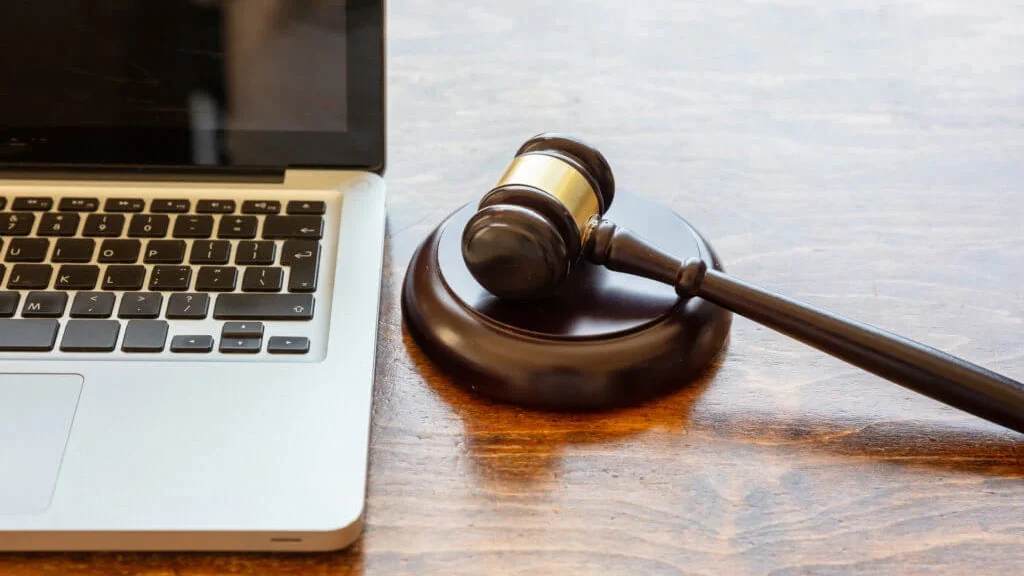
“Supreme Court Upholds PTI’s Status as a Teacher: Unraveling Definitions and Ensuring Rights”
Last Updated on December 14, 2023 by News Desk
Introduction:
The recent Supreme Court ruling on December 13 delved into the classification of a Physical Training Instructor (PTI) as a ‘teacher’ within the academic sphere. The case revolved around P.C. Modi, a sports officer/PTI at Jawaharlal Nehru Krishi Vishwa Vidyalaya, challenging his premature retirement at 60 despite claiming eligibility until 62, citing his status as a ‘teacher’ under the University’s statute.
Reasoning:
The crux of the matter hinged on the definition of a ‘teacher’ within the University’s Act, where ambiguity clouded the precise description. Examining the Act’s wording, the Court highlighted its inclusive nature, extending beyond conventional designations like Professor, Associate Professor, or Assistant Professor. Reference to past cases, notably P.S. Ramamohana Rao v. A.P. Agricultural University, underscored the expansiveness of the term ‘teacher,’ aligning with the current scenario.
Arguments:
The Court refuted the Division Bench’s reliance on a dissimilar case, State of Madhya Pradesh and Others v. Ramesh Chandra Bajpai, clarifying the error in its application. Emphasizing the PTI’s role, the Court emphasized their instructional duties in sports and skill development, integral to student training. The judgment dismissed the notion that teaching limited solely to indoor classroom settings, acknowledging the unique instructional demands of sports education requiring open spaces and specialized training areas.
Conclusion:
Conclusively, the Supreme Court upheld Modi’s claim, declaring his inclusion within the expansive definition of a ‘teacher.’ Asserting his entitlement to continue until 62, the Court deemed his premature retirement unjust, granting him full consequential and monetary benefits as if he had served till the designated age. The ruling emphasized the contextual interpretation of roles within academia, ensuring fair treatment and recognition of diverse educational contributors.
Written by — Athi Venkatesh




